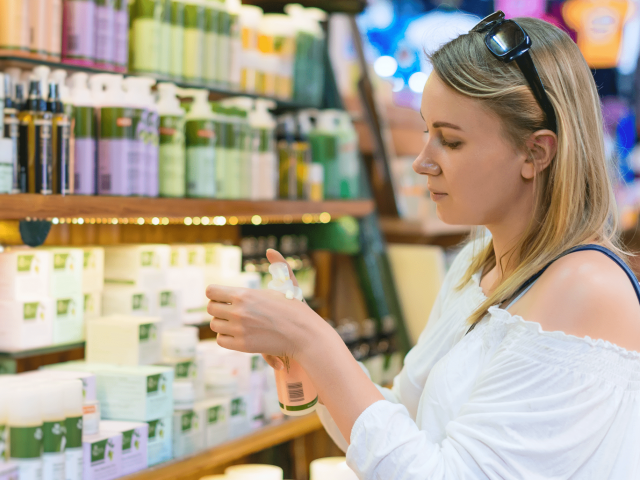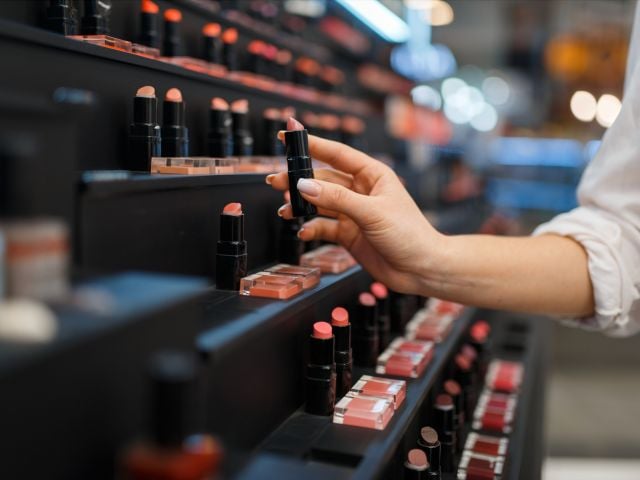Grocery stores dispense them for wiping down carts, gyms, for spiffing up exercise equipment. Some schools hand them out so kids can scrub their desks and ask parents for wipes as back-to-school supplies. Antibacterial cleaning wipes are everywhere, but are they harmless? Unfortunately, for most popular versions, that's not the case.
Why worry? In a word: Quats
The most common antibacterial agents in cleaning wipes are called "quats" (short for quaternary ammonium compounds) and include such chemical mouthfuls as alkyl dimethyl benzyl ammonium chloride and benzalkonium chloride. Of course, difficult pronunciation does not necessarily equal danger, but in this case we are talking about pesticides that are certainly toxic to bacteria and can affect human health, too.
The American Medical Association discourages the use of antibacterial agents in consumer products because they may encourage the development of "superbugs" - antibiotic-resistant bacteria. Quat-resistant bacteria have been detected in homes routinely cleaned with antibacterial products. These bacteria were also resistant to a number of other important antibiotics, suggesting that regular exposure to quats could create microorganisms difficult or impossible to control with today's antibiotic arsenal.
The Association of Occupational and Environmental Clinics, a leading international authority on asthma, considers these chemicals to be "asthmagens," - substances that can cause asthma to develop in otherwise healthy people. With asthma now affecting nearly one in ten children in the U.S., it makes sense to avoid unnecessary exposures to asthma-causing chemicals, especially for kids.
Hold the fragrance, please!
The mystery mixtures that provide a wipe's burst of fragrance can contain hundreds of untested chemicals, including toxic ingredients like phthalates and synthetic musks - both suspected hormone disruptors. Fragrances are also among the top five allergens worldwide. Just skip them; does a wipe really need a scent?
Greener options for clean hands and surfaces
Regular hand washing - with ordinary soap, not antibacterial versions - is the best way to fight germs and avoid getting sick. Fragrance-free alcohol hand sanitizers are good options when no sink is available (like a school classroom, for example). And because antibacterial pesticides don't always penetrate the dirt and grime that hide germs, routine cleaning with regular - not antibacterial - cleaners is the best way to keep surfaces free of germs. So don't ask kids to clean school surfaces with antibacterial wipes - a quick squirt with soapy water and some elbow grease is healthier.
Where an antibacterial cleaning wipe is necessary, look for alcohol-based wipes, rather than those containing quats. If you don't see these in the cleaning aisle of your grocery or drug store, try the aisle with bandages and antiseptics. And if you do use wipes, pulls them from the container slowly and with a sideways motion - a quick, upward jerk can spray disinfecting chemicals right into your eyes.
PS - Diaper wipes for babies are a whole different ball of wax. The ingredients to avoid there are preservatives (specifically 2-bromo-2-nitropropane-1,3-diol, also known as bronopol) and fragrance. You can find safer, fragrance-free options in EWG's Skin Deep database, or make your own at home using cloth or paper towels (that way you'll know exactly what's in them!).
[Thanks to flickr & SMercury98 for the clean hands pic]



